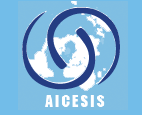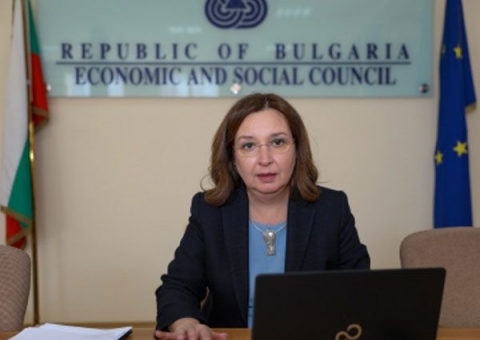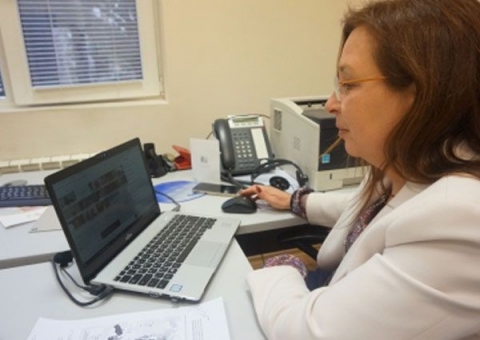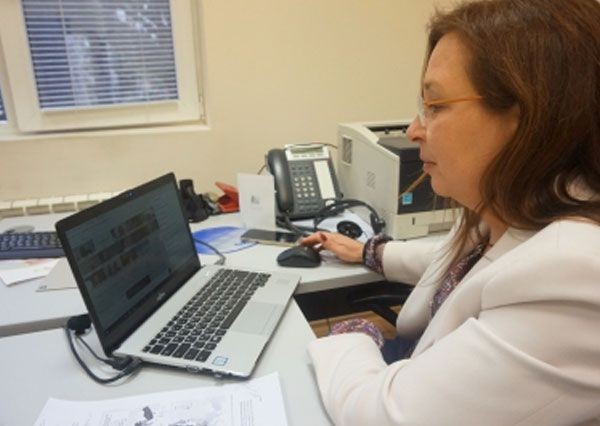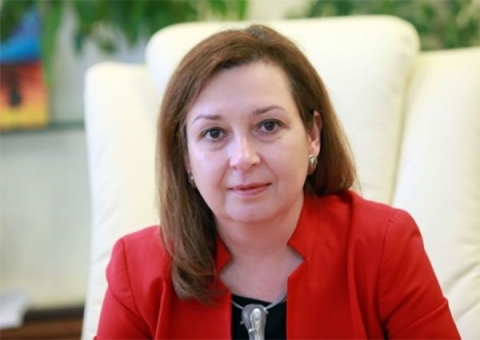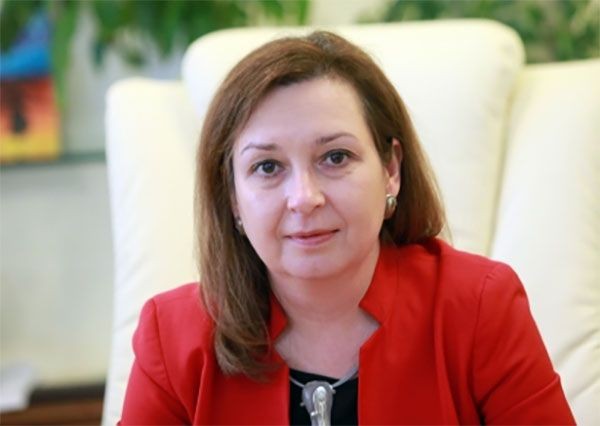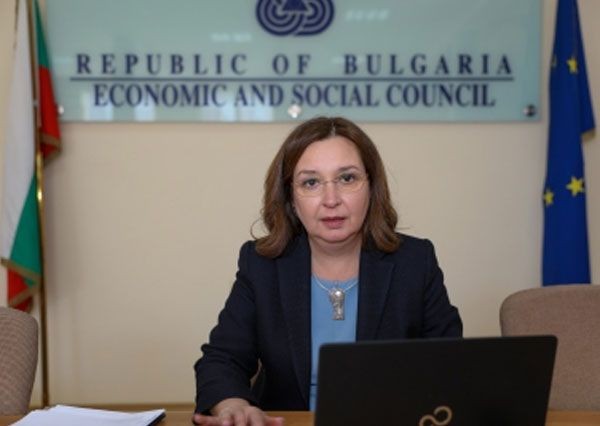
Today, 25 January 2021, Zornitsa Roussinova - President of the Economic and Social Council (ESC), opened the first plenary session of the new Economic and Social Council. The council's four-year mandate begins on 25 January. Bulgaria faces economic and social challenges, but the Economic and Social Council will contribute at national and European levels to facilitate economic recovery, the creation of jobs, increasing people's incomes, said at the opening of the session ESC President Zornitsa Roussinova.
